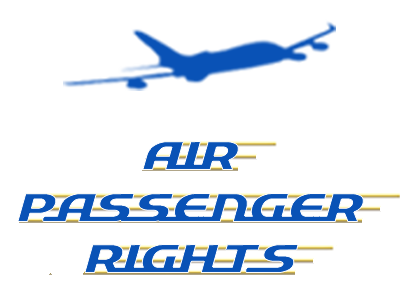Regulation (EC) No 1107/2006 is part of a general plan to reinforce passenger rights on all forms of transport. Persons placed at a disadvantage by reduced mobility, whether caused by disability, age or another factor, should have opportunities for air travel comparable to those of other citizens. The Regulation on the rights of persons with reduced mobility when using air transport prohibits operators from refusing reservation or boarding to persons because of their disability*.
There are certain exceptions and derogations, however, particularly for justified safety reasons established by law. An air carrier may refuse to accept a reservation from or to embark a person with reduced mobility or request that a travelling person with reduced mobility must be accompanied by another person, in order to meet applicable safety requirements duly established by law or if the size of the aircraft makes it physically impossible to embark that person.
Within five working days of refusing a reservation or embarkation or requiring a person with reduced mobility to be accompanied, the air carrier must inform in writing the person concerned of its reasons for doing so.
Persons with reduced mobility are entitled to receive assistance free of charge in airports (on departure, arrival and during transit) and on board aircrafts (for example, the transport of wheelchairs and the carriage of guide dogs for the blind). The managing bodies of airports should provide this assistance and fund the services by levying charges on airlines.
*"Disabled person" or "person with reduced mobility": any person whose mobility when using transport is reduced due to any physical disability (sensory or locomotor, permanent or temporary), intellectual disability or impairment, or any other cause of disability, or age, and whose situation needs appropriate attention and the adaptation to his or her particular needs of the service made available to all passengers.
Source: European Commission





